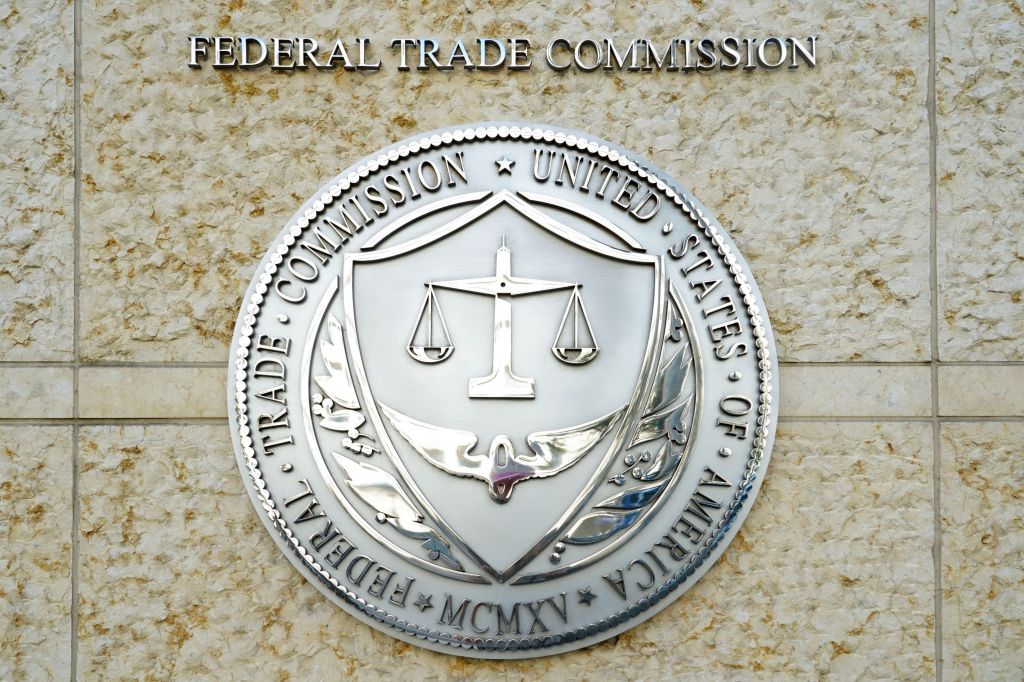The New York Department of Financial Services (NYDFS) has just released guidance to support efforts by regulated institutions in assessing and managing their material climate-related financial and operational risks.
The guidance clarifies the agency’s expectation that regulated institutions start integrating both financial and operational risks from climate change into their
Register for free to keep reading.
To continue reading this article and unlock full access to GRIP, register now. You’ll enjoy free access to all content until our subscription service launches in early 2026.
- Unlimited access to industry insights
- Stay on top of key rules and regulatory changes with our Rules Navigator
- Ad-free experience with no distractions
- Regular podcasts from trusted external experts
- Fresh compliance and regulatory content every day












